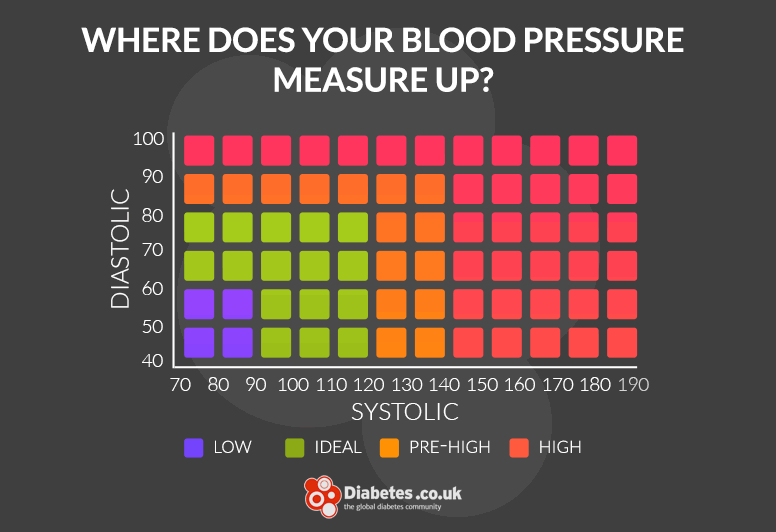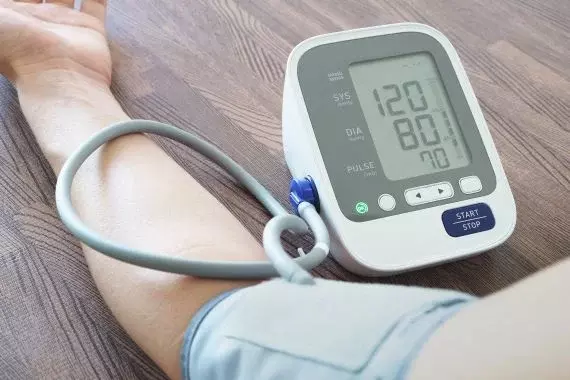Systolic blood pressure of less than 120 mm Hg can stop people with type 2 diabetes from going on to develop cardiovascular disease, a new study has shown.
People who lower their high systolic blood pressure are less likely to have a stroke, a heart attack or heart failure compared to those with consistently high systolic blood pressure.
This is according to research recently presented at the American Heart Association’s Scientific Sessions 2024 in Chicago.
Senior author Dr Guang Ning said: “We found that for most people with type 2 diabetes, lowering systolic blood pressure to less than 120 mm Hg reduced the risk of major cardiovascular events.
- Lower blood pressure associated with 5 minutes of extra exercise a day
- Arm position can overestimate blood pressure and lead to misdiagnosis
- Free blood pressure tests now offered by dentists and opticians
“These findings provide strong support for a more intensive systolic blood pressure target in people with type 2 diabetes for the prevention of major cardiovascular events.”
Previous research has found that people with type 2 diabetes are at double the risk of having high blood pressure compared to those without the condition.
Prior studies have also revealed that high blood sugar levels are associated with damaged blood vessels and impaired kidney function.
Three quarters of individuals living with type 2 diabetes in the US have high blood pressure, the U.S. Centers for Disease Control and Prevention has reported.
People with continuously high blood pressure can reduce it by using certain medications or making modifications to their lifestyle, according to healthcare professionals.
More than 12,800 people from China took part in the BPROAD study, all of whom had type 2 diabetes and high systolic blood pressure, which was classified as ≥140 mm Hg without antihypertensive medications or ≥130 mm Hg and taking at least one anti-hypertensive medication.

Half of the participants were enrolled in the intensive treatment group, and the other half were enrolled in the standard treatment group.
At the four-year visit, the mean systolic blood pressure levels of the participants was 120.6 mm Hg in the intensive treatment group and 132.1 mm Hg in the standard treatment group, the research has revealed.
According to the findings, the participants who underwent intensive treatment were 21% less likely to experience major cardiovascular events compared to those who received the standard treatment.
- High blood pressure associated with drinking from plastic bottles
- Pressure to lose weight in adolescence has long lasting effects on self-worth
- Weight loss drug effective at lowering blood pressure in people with obesity
A total of 393 participants in the intensive treatment group had a non-fatal stroke, a non-fatal heart attack or was admitted to hospital to receive treatment for heart failure compared to 492 participants in the standard treatment group.
Dr Ning said: “Our study results are consistent with another study of patients with hypertension but without diabetes, which found a significant 27% reduction in the incidence of cardiovascular diseases.
“Future clinical practice guidelines will hopefully consider these results when making recommendations for blood pressure targets for people with type 2 diabetes.”
Dr Ning added: “Beneficial future research could focus on profiling those with the largest benefit and the lowest harm in an intensive blood pressure treatment group.”









